戻る
句集
南十字星 7
-
高井太郎
-
2025-02-15 08:45:29
-
Visitors: 137
-
Related articles
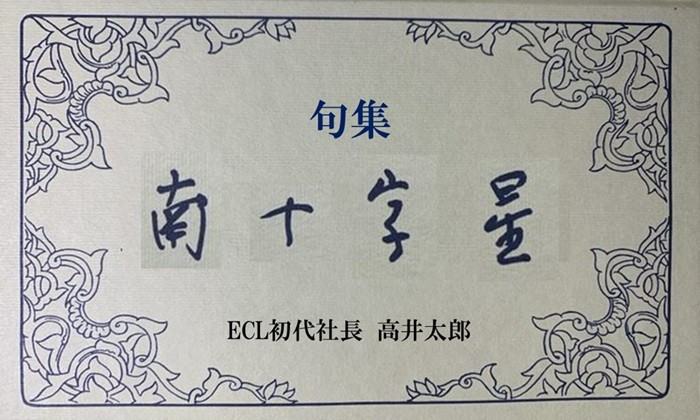
-
2024-07-30 21:28:31
-
Administrator
俳句を英訳して投稿しよう!
Learn More
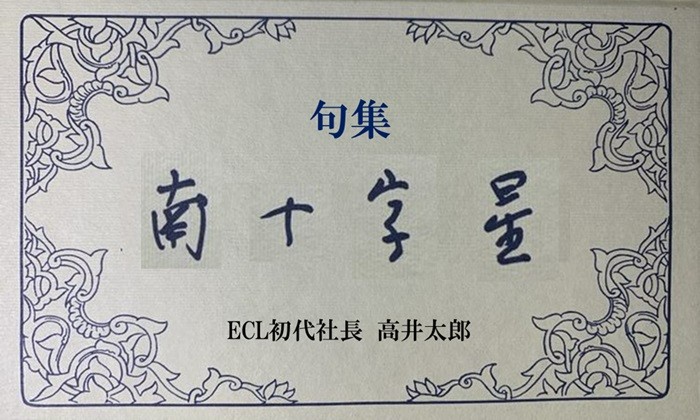
-
2024-08-20 10:25:36
-
Administrator
俳句を英訳して投稿しよう!
Learn More
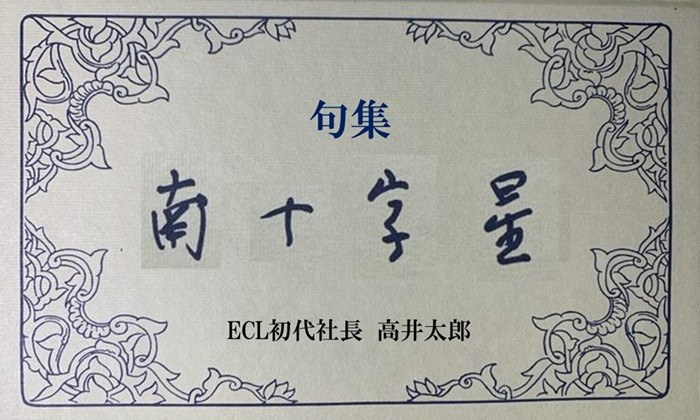
-
2024-09-11 07:48:17
-
Administrator
俳句を英訳して投稿しよう!
Learn More
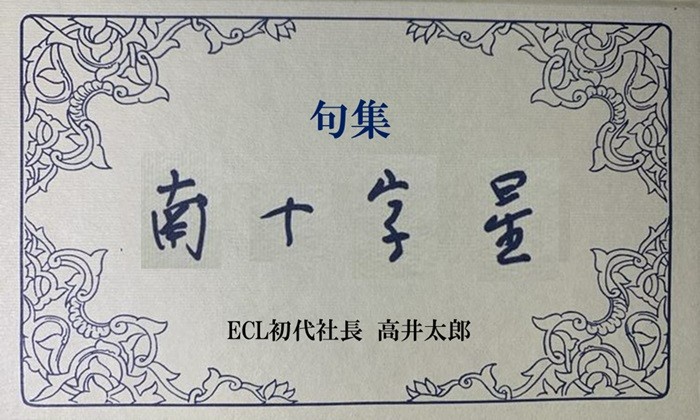
-
2024-10-11 06:17:31
-
Administrator
俳句を英訳して投稿しよう!
Learn More
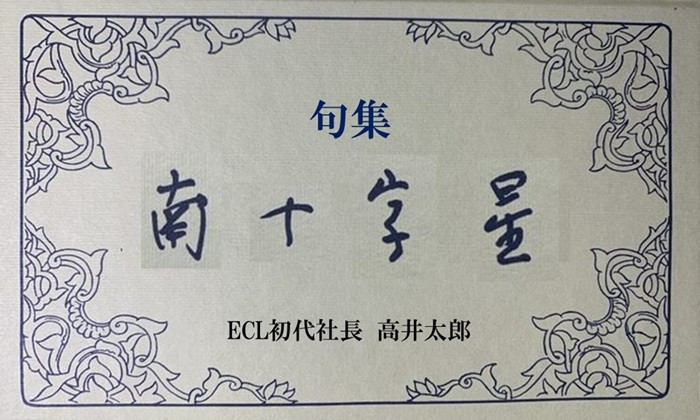
-
2024-12-02 16:38:06
-
Administrator
俳句を英訳して投稿しよう!
Learn More
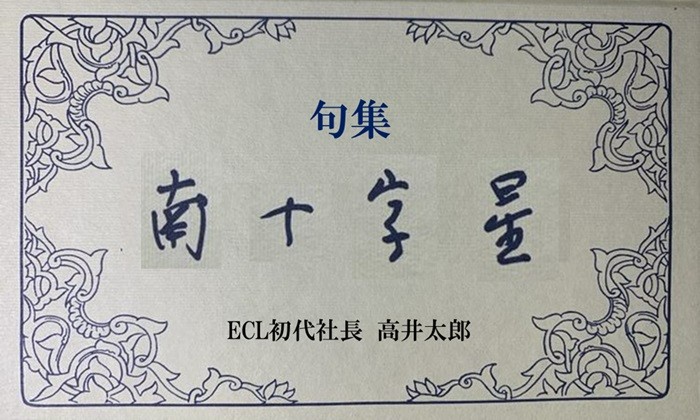
-
2024-12-28 10:35:22
-
Administrator
俳句を英訳して投稿しよう!
Learn More

酒井智子 2025-02-16 21:21:28
木枯らしのわが来し方を吹きとおる The cold winter wind blows through my path
犬塚義暁 2025-02-15 08:56:34
「いつまでも孤高をまもれ福寿草」 「いつまでも孤高をまもれ」という部分は、何事にも流されず、自らの信念を堅持する姿勢を表現しています。「孤高」とは、他と交わらずに独自の道を歩むことを意味します。これは、しばしば個人の強さや独立性を象徴するものとして解釈されます。 「福寿草」という言葉は、日本では早春に咲く花として知られており、新しい始まりや再生の象徴とされています。この句において、福寿草は孤高の姿勢を持ちながらも、自然の中で美しく咲き誇る存在として描かれています。 つまり、この句は、自分の信念を大切にし、他に流されずに自らの道を歩むことの重要性を、福寿草の美しさと強さを通じて表現していると言えます。
犬塚義暁 2025-02-15 08:48:03
「いつまでも孤高をまもれ福寿草」 This haiku can be interpreted as "Always maintain your solitary nobility, Adonis." The phrase "always maintain your solitary nobility" expresses the idea of not being swayed by anything and steadfastly adhering to one's own beliefs. "Solitary nobility" refers to walking one's own path independently of others. This often symbolizes an individual's strength and independence. "Adonis" (福寿草) is known as a flower that blooms in early spring in Japan and is often a symbol of new beginnings and rebirth. In this haiku, Adonis is portrayed as a being that blooms beautifully and strongly in nature while maintaining its solitary stance. In other words, this haiku expresses the importance of valuing one's own beliefs and walking one's path without being swayed by others, using the beauty and strength of Adonis as a metaphor.
Login to comment
サインイン